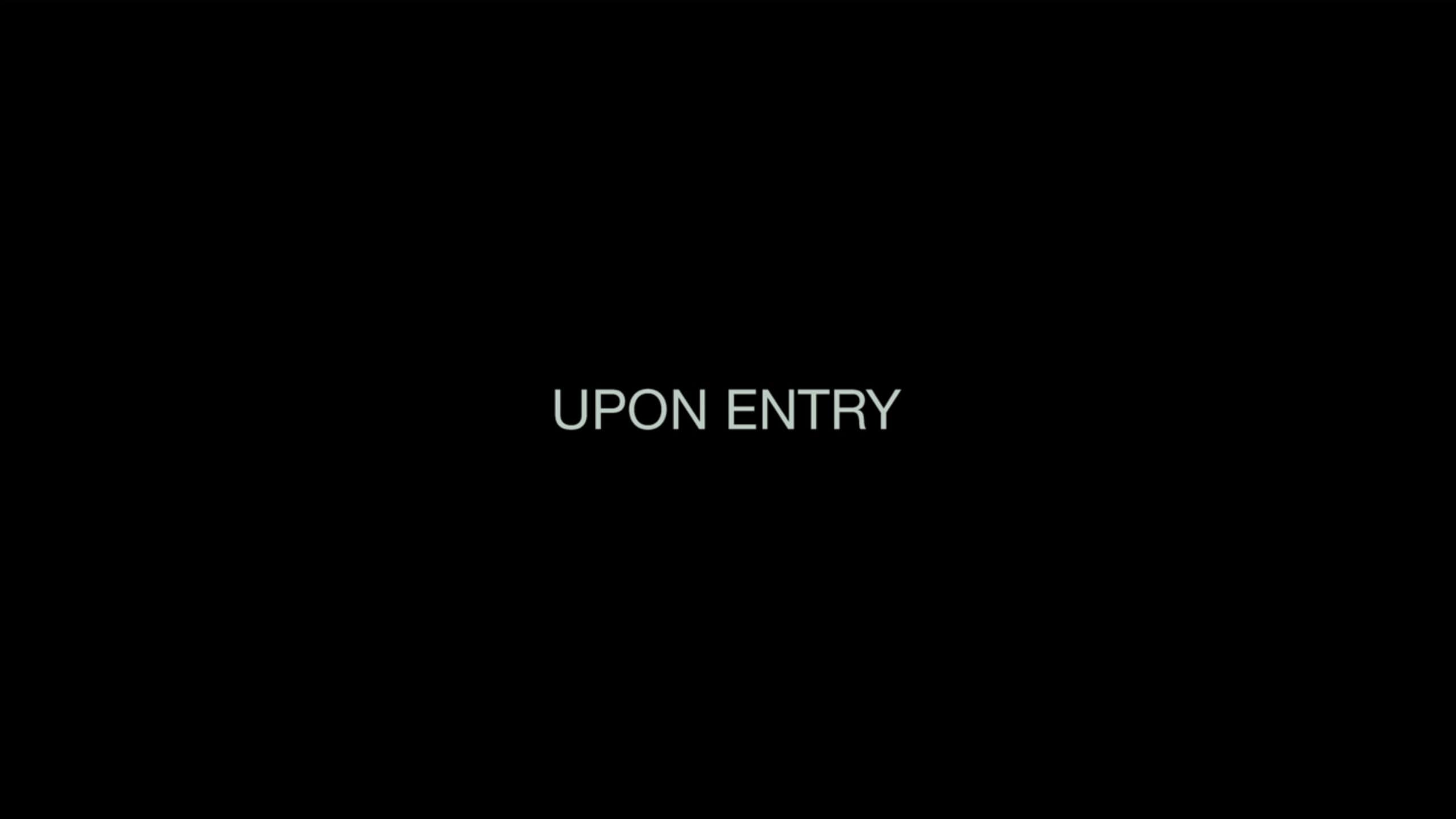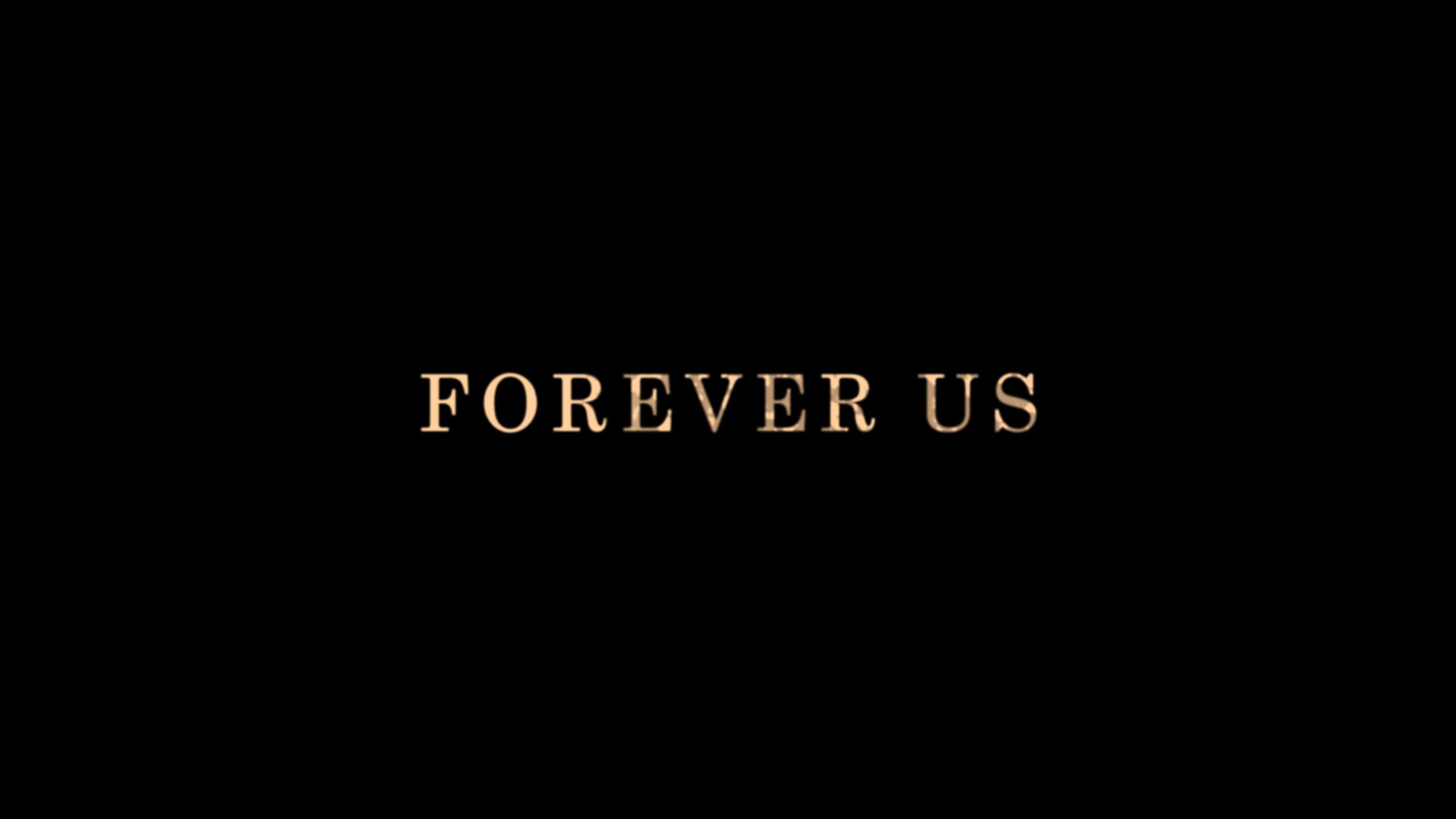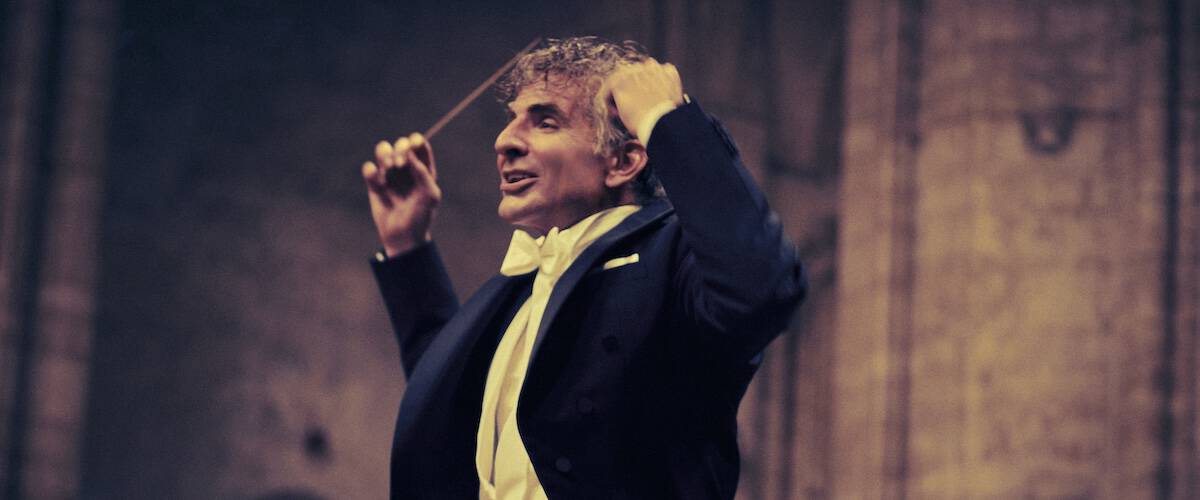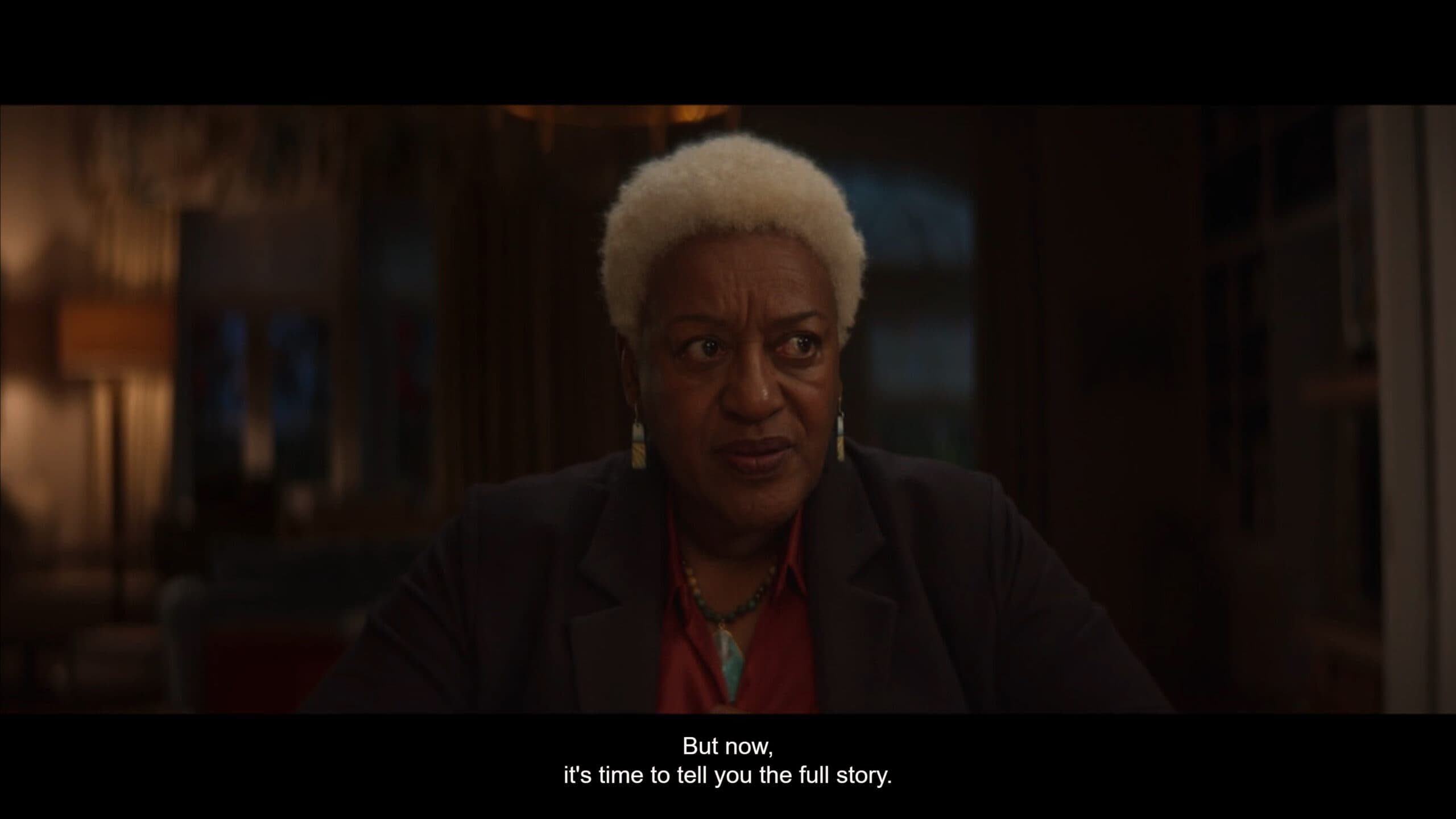Bad Lands (2023) – Movie Review
While it has a bit of a slow start, once “Bad Lands” gets into the personal drama of its lead with others, it picks up quickly.
The human experience, sometimes at its most raw, is what you’ll find in the drama tag.

While it has a bit of a slow start, once “Bad Lands” gets into the personal drama of its lead with others, it picks up quickly.

In this relatively short drama, two people, trying to immigrate to the United States, find themselves getting interrogated at Newark Airport.

Between the music and performances, the 2023 version of “The Color Purple” does enough to stand out, but it sometimes falters if you compare it to the 1985 movie.

In this dream-jumping fantasy, a young woman, reeling from her father’s death, gets involved with boys who take part in something supernatural and potentially deadly.

In what may feel like a stuffed holiday movie, three women face romantic or platonic love, with reactions that remind you how challenging serious relationships can be.

In Christopher B. Stokes and Marques Houston’s latest, there is the question of whether a comeuppance will come for a man who stepped out on his marriage for feeling neglected.

Like Leonard Bernstein himself, Bradley Cooper’s “Maestro” stays intriguing and frustrating in what it decides to show and hide about the legendary composer.

A murder accusation leads a woman to try to work with a corrupt cop for her freedom or suffer jail time.

In a film heavily focused on the art of food, sometimes it makes the characters and story secondary.

While “Black Cake” does have its lulls, when focused on the lead character’s children, outside of those two, you have one of the best Hulu releases, if not shows, of the year.